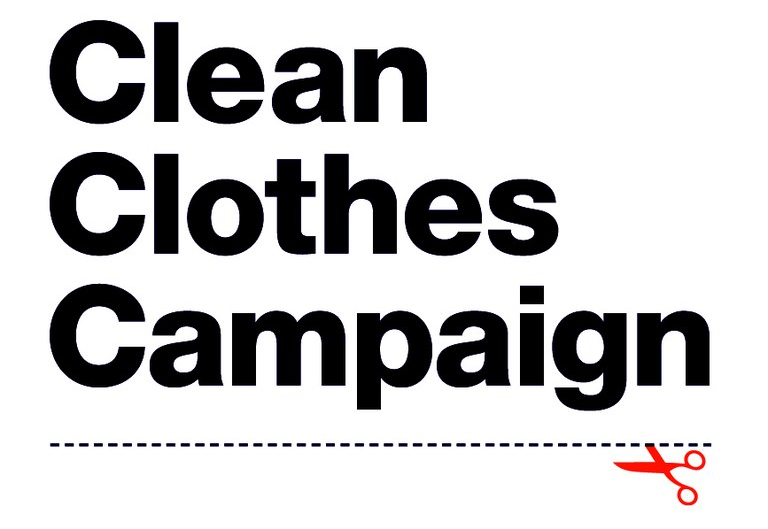Labels Primark and Mango found after factory collapse Bangladesh
The Clean Clothes Campaign, along with trade unions and labour rights organisations in Bangladesh and around the world is calling for immediate action from international brands following today's collapse of the Rana Plaza building in Savar, in Dhaka Bangladesh.
Labour Rights groups mourn senseless loss of life
The Clean Clothes Campaign, along with trade unions and labour rights organisations in Bangladesh and around the world is calling for immediate action from international brands following today's collapse of the Rana Plaza building in Savar, in Dhaka Bangladesh. The collapse of the eight story building, covering three factories and a mall, cost the lives of at least 82 people and injured over 800.
Activists today managed to enter the ruins of 'Rana Plaza' and found labels and documentation linking major European retailers to this latest tragedy: Spanish high street brand Mango and British Primark. On their website, factories list wellknown brands as customers including C&A, KIK and Wal-Mart. These brands were also involved in the fire at the Tazreen factory, not far from Savar, where 112 workers died in a fire exactly five months ago. German costcutter KIK was also involved in the Ali Enterprises fire in Pakistan, where nearly 300 workers burned to death last September.
The killed and injured workers were producing garments for when their factory – with allegedly illegally built floors - suddenly gave way with a loud sound, leaving only the ground floor intact. This latest collapse provides yet further evidence that voluntary company led monitoring has failed to protect workers’ lives. Labour rights groups say unnecessary deaths will continue unless and until brands and government officials agree to an independent and binding fire and building safety program.
“It's unbelievable that brands still refuse to sign a binding agreement with unions and labour groups to stop these unsafe working conditions from existing. Tragedy after tragedy shows that corporate-controlled monitoring is completely inadequate,” says Tessel Pauli from Clean Clothes Campaign.
She adds: “Right now the families of the victims are grieving and the community is in shock. But they, and the hundreds injured in the collapse, are without income and without support. Immediate relief and longterm compensation must be provided by the brands who were sourcing from these factories, and responsibility taken for their lack of action to prevent this happening.”
To stop these collapses from happening, the Clean Clothes Campaign calls upon brands sourcing from Bangladesh to sign on to the Bangladesh Fire and Building Safety Agreement immediately. The CCC, together with local and global unions and labour rights organisations has developed a sector-wide program for action that includes independent building inspections, worker rights training, public disclosure and a long-overdue review of safety standards. It is transparent as well as practical, and unique in being supported by all key labour stakeholders in Bangladesh and internationally.
The agreement was already signed last year by the US company PVH Corp (owner of Calvin Klein and Tommy Hilfiger) and the German retailer Tchibo. The labour signatories are now calling on all major brands sourcing in the industry to sign on to the initiative in order to ensure its rapid implementation. The programme has the potential to save the lives of hundreds of thousands of workers currently at risk in unsafe and illegally built factories.
CCC has been campaigning on safety issues in Bangladesh since the collapse of the Spectrum factory in 2005, which left 64 people dead and involved high street brand Zara.
